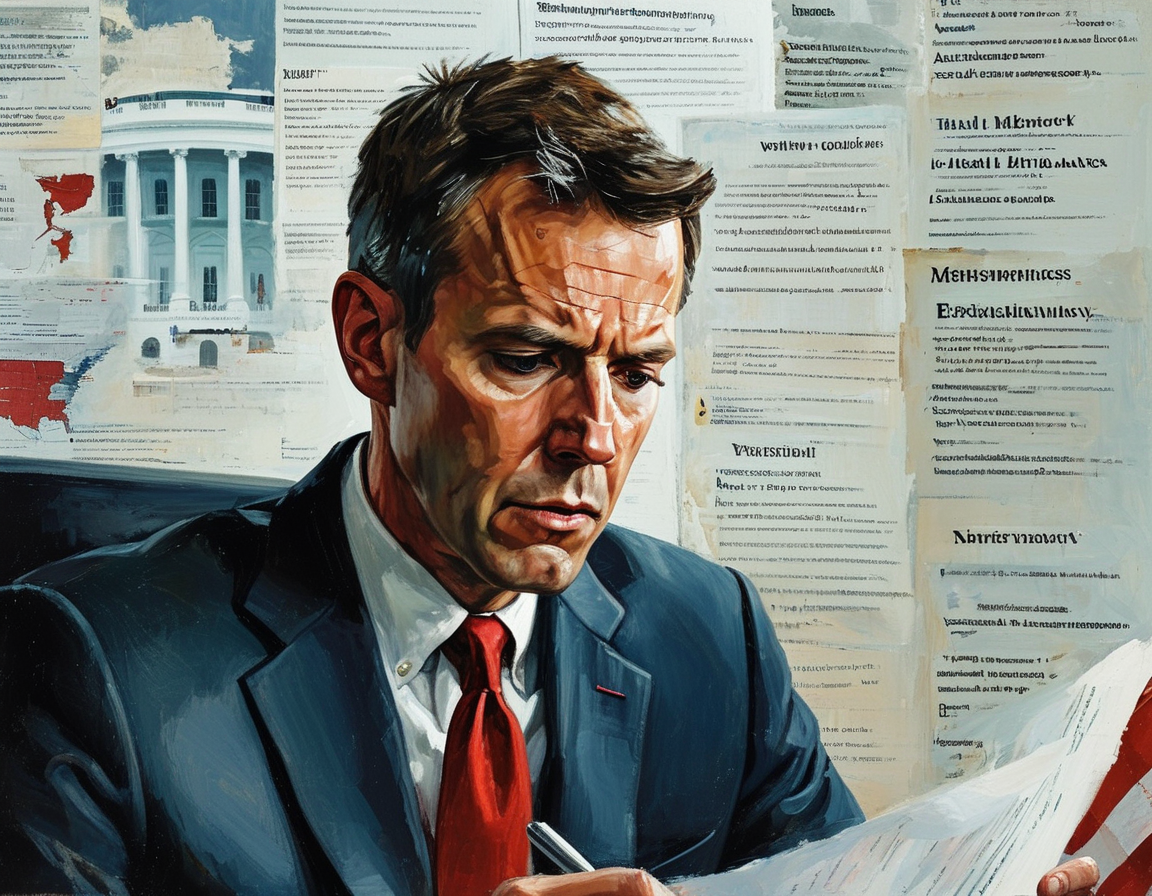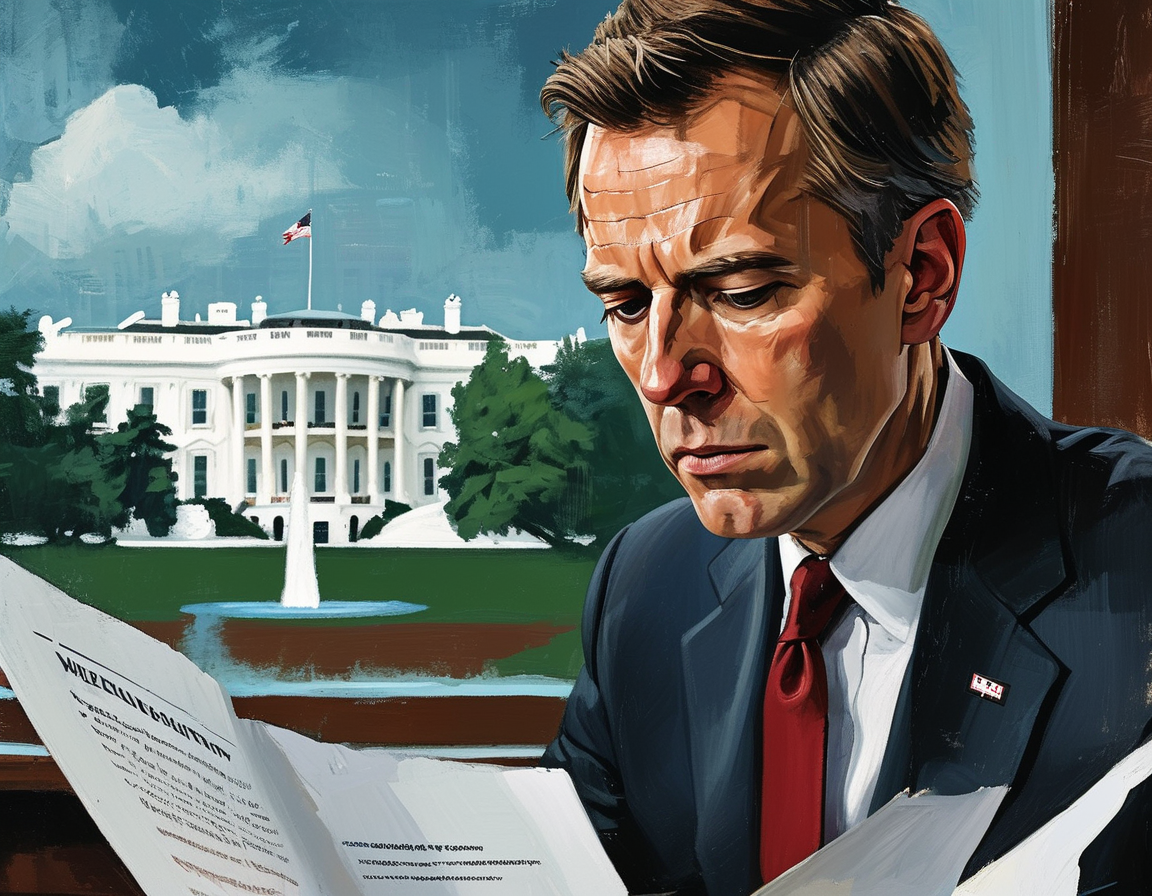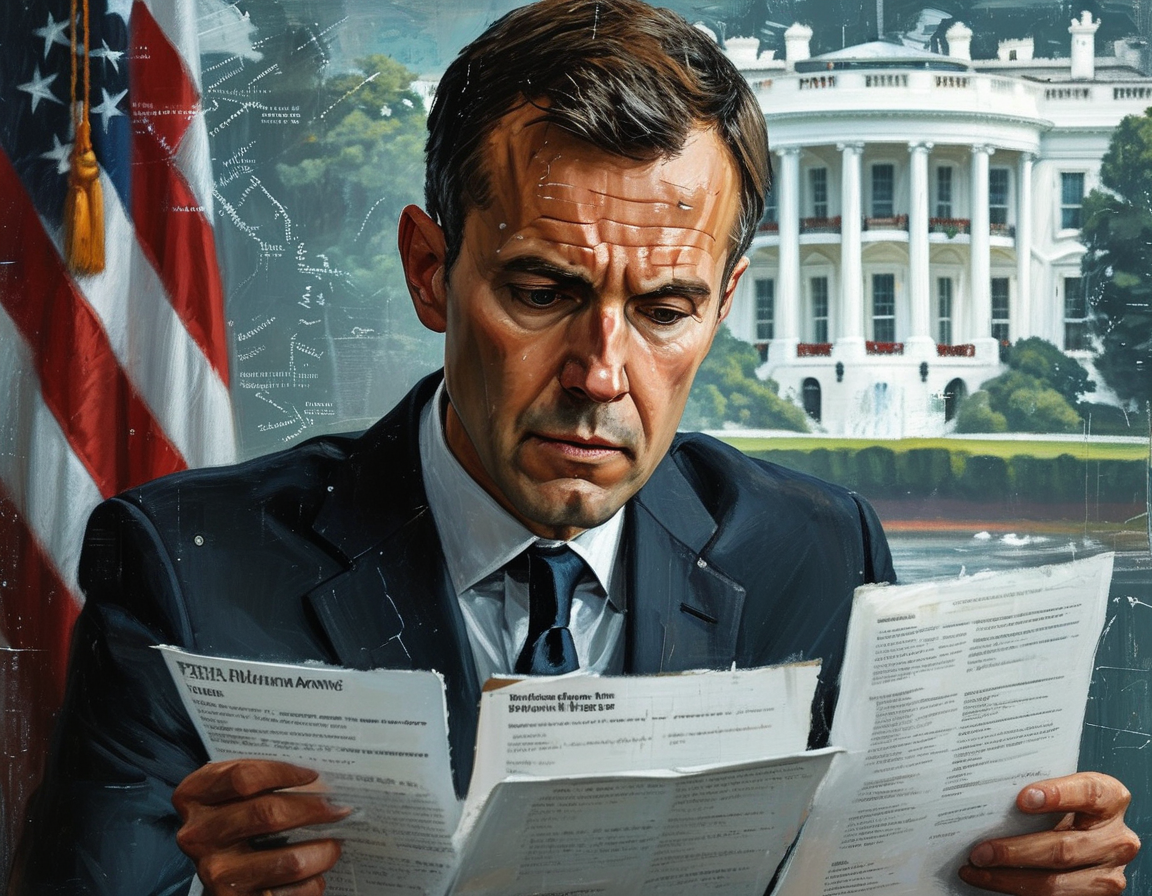In an age where information can make or break national security, a recent incident has left many questioning the integrity of the Trump administration’s protocols. What could have been an innocent mistake spiraled into a significant breach of secrecy. Did someone truly overlook the gravity of including a journalist in private discussions?
The mishap happened when Jeffrey Goldberg, an influential editor, was mistakenly added to a group chat discussing sensitive military actions. This isn’t just a communication error; it’s a matter of national safety. Imagine the repercussions if an adversary had found this leaked information first.

In a world of digital communication, trust is critical. Sensitive military discussions were happening on an unsecure app like Signal. This revelation raises eyebrows. Critics, both Democrat and Republican, are furious. Their outrage lies in how a simple mistake could endanger lives.
Trump himself feigned ignorance when news broke out. Is he genuinely unaware of his team’s missteps? Or is this a classic case of deflection in the face of criticism? With various members of his administration involved in the leak, the implications are vast and troubling.
Senator Mark Warner articulated a core concern: when classified information is handled carelessly, it jeopardizes all Americans. The necessity for scrutiny is glaring. Yet, could this incident be a catalyst for reform, or just another blip in political drama?

Goldberg’s insights into the group dynamics reveal a concerning trend. While public loyalty in Trump’s administration may shine, private disagreements exist. Discussions reflected divisions over policy. JD Vance, vice president, questioned the timeliness and validity of the strike on Yemen.
This isn’t the first time the logic of military actions has been dissected behind closed doors. Historically, vice presidents have clashed with presidents on pivotal decisions. A rift, once small, could grow if concerns are not heeded.
Back to the point, how did this lapse in security occur? The White House admitted an oversight and pledged to prevent future incidents. But words alone may not suffice. With so much at stake, accountability must follow. Is it enough to simply promise changes?

In typical Washington fashion, conversations about resignations are proliferating. Who might take the heat for this blunder? Speculation swirls, but do actions follow thoughts in this administration?
The possible resignations could signal more than just personnel changes. They might highlight the need for improvement in structural security protocols. Symbolically, it represents a moment in the ongoing struggle to balance transparency and confidentiality in government.
Additionally, could there be lasting damage to U.S. credibility? This scenario echoes familiar patterns from past administrations, whether with Trump or prior figures like Clinton. The stakes are similar, the players perhaps a little different, but the mistakes continue to haunt.
Hillary Clinton’s infamous email server debacle remains burned in the memories of voters. Now, with this recent Signal leak, the cycle may repeat. What does this say about our leaders’ understanding of security?
Are they truly invested in safeguarding our interests?
As the news unfolds, many may wonder how such breaches will ultimately impact their sense of security. If trusted figures in our government are unaware of basic security protocols, how can we trust them to handle more significant crises?
In conclusion, the questions remain poignant and needed. Have we become numb to these breaches? Or is there a collective call to demand better from our leaders? Insights from the dynamics show that political theater may overshadow the crucial need for responsibility. This misstep should catalyze not just reform, but also a re-assessment of our political priorities and practices.
Leave a Comment